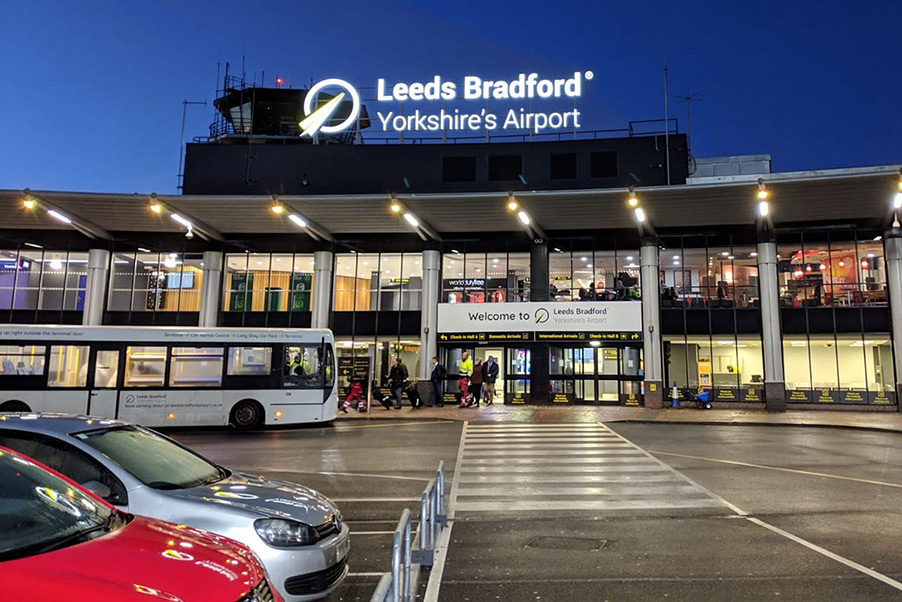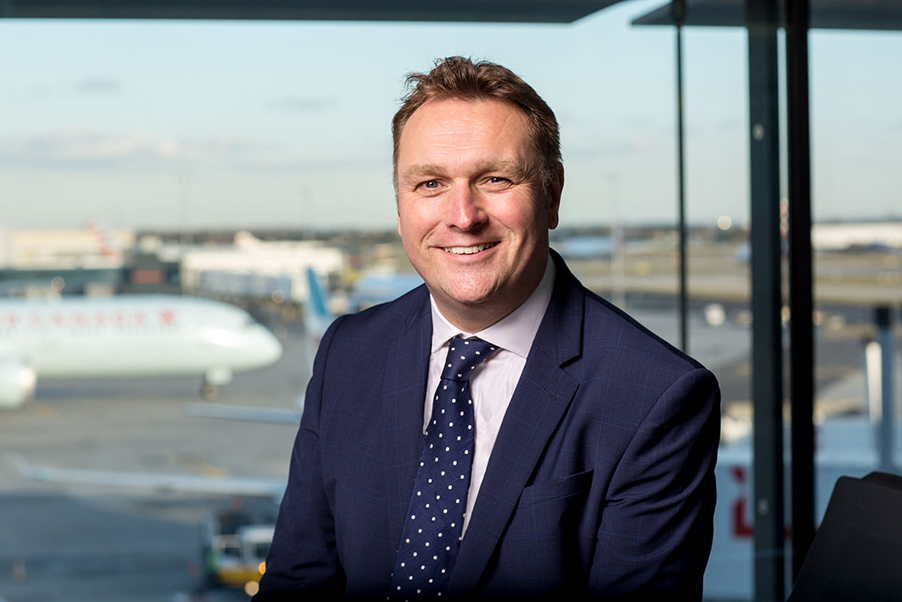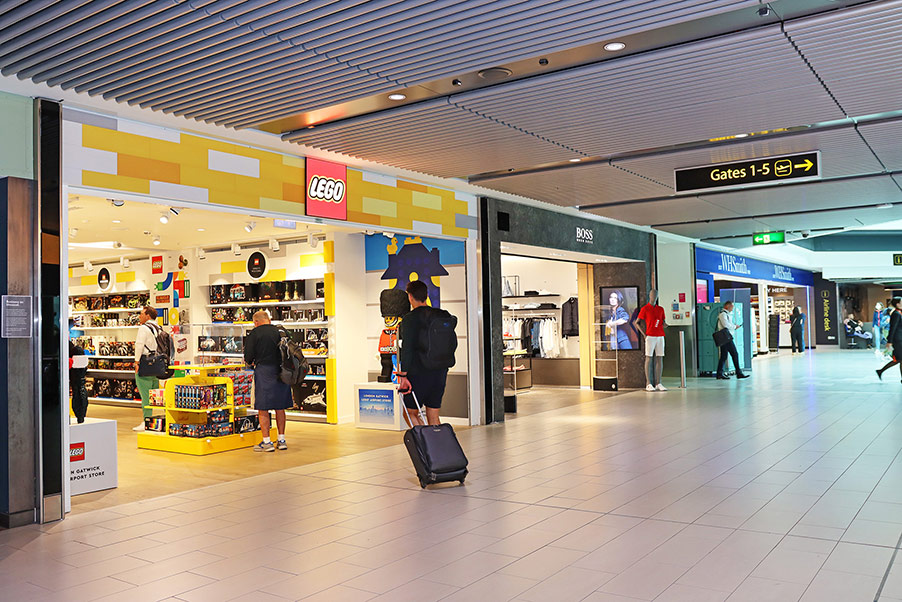
Leeds Bradford Airport is a step closer to its net zero by 2030 target, following the award of Airport Carbon Accreditation for the reduction of the CO2 emissions it controls.
Airport Carbon Accreditation, a global carbon management standard specifically for airports, awarded Leeds Bradford Airport with Level 2: Reduction accreditation in recognition of its actions to reduce its carbon footprint by 13% over 12 months. The airport achieved this through several measures, notably replacing runway and approach lighting with LEDs and investing in high-efficiency motion sensor lighting throughout the terminal building.
The accreditation is an important milestone in Leeds Bradford Airport’s 2030 net zero carbon roadmap, which is focused on emissions that the airport is directly responsible for and is fully in control of.
As a long-term goal, the airport will be aiming for the highest level of Airport Carbon Accreditation, Level 4+: Transition, which requires Leeds Bradford Airport to align its carbon management ambition with global climate goals and transform operations with absolute emissions reductions. This includes the emissions the airport controls, such as its energy usage, and those that the airport can influence, for example, third-party ground operations and flights. It is on track to move up to Level 3: Optimisation in 2023.
Vincent Hodder, CEO Leeds Bradford Airport, said: “Our net zero commitment is one the most ambitious made by a UK airport and this accreditation demonstrates that progress is being made to meet the challenge of decarbonisation. We continue to work with our industry partners to bring new technologies and operational innovations to LBA to drive us forward on our roadmap to net zero.”
In addition to reducing its own carbon emissions, Leeds Bradford Airport has committed to measures that support reducing emissions produced by onsite business partners, such as airlines, to encourage and make it easier for partners to decarbonise their operations, as well as provide support to external sustainability plans. These wider plans include Jet2’s commitments to reduce CO2 per passenger by 10% by 2030, use UK-produced Sustainable Aviation Fuel (SAF) by 2026 and operate 50% zero emission ground support equipment by 2023. Similarly, Ryanair has committed to 66g CO2 per passenger by 2030.






